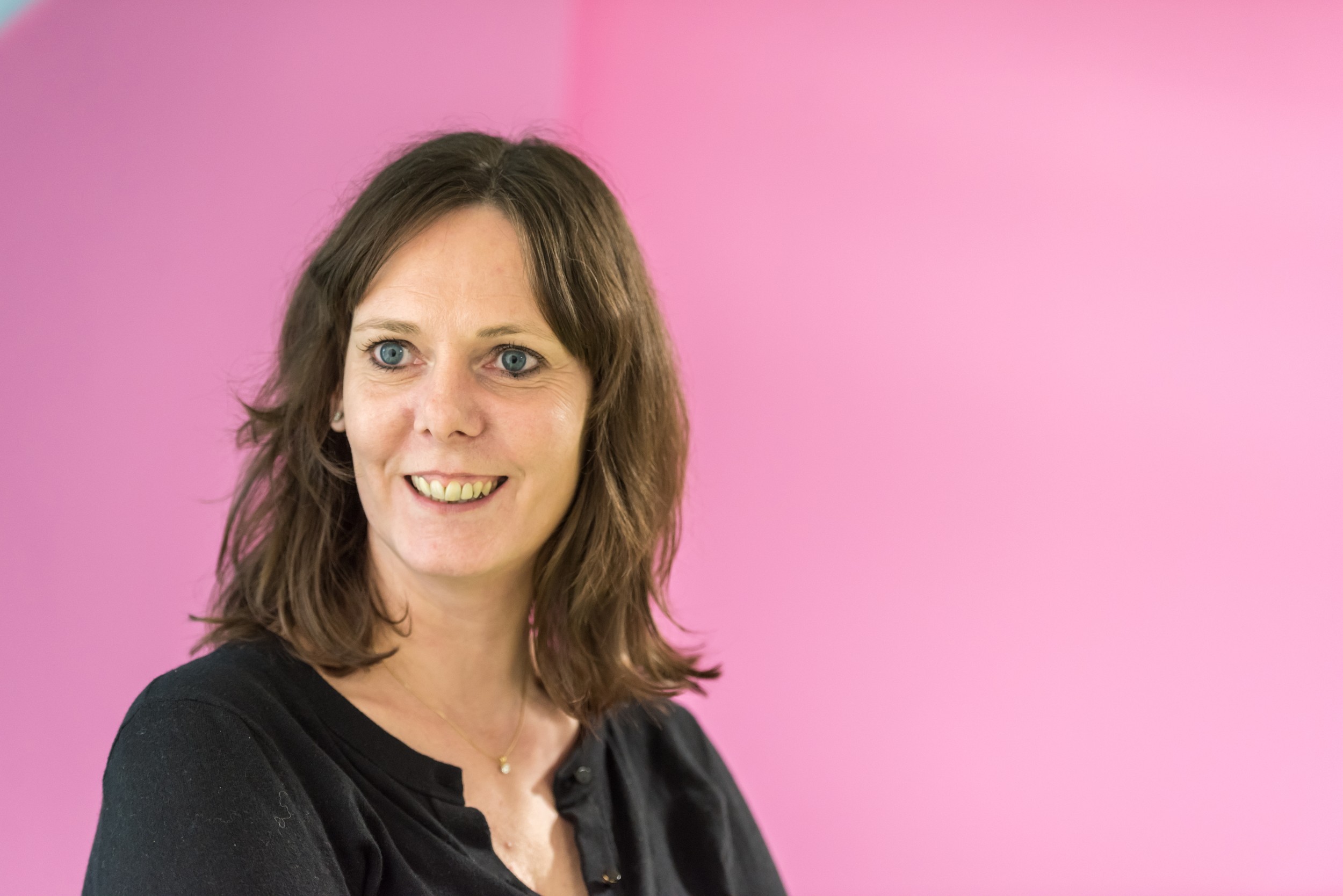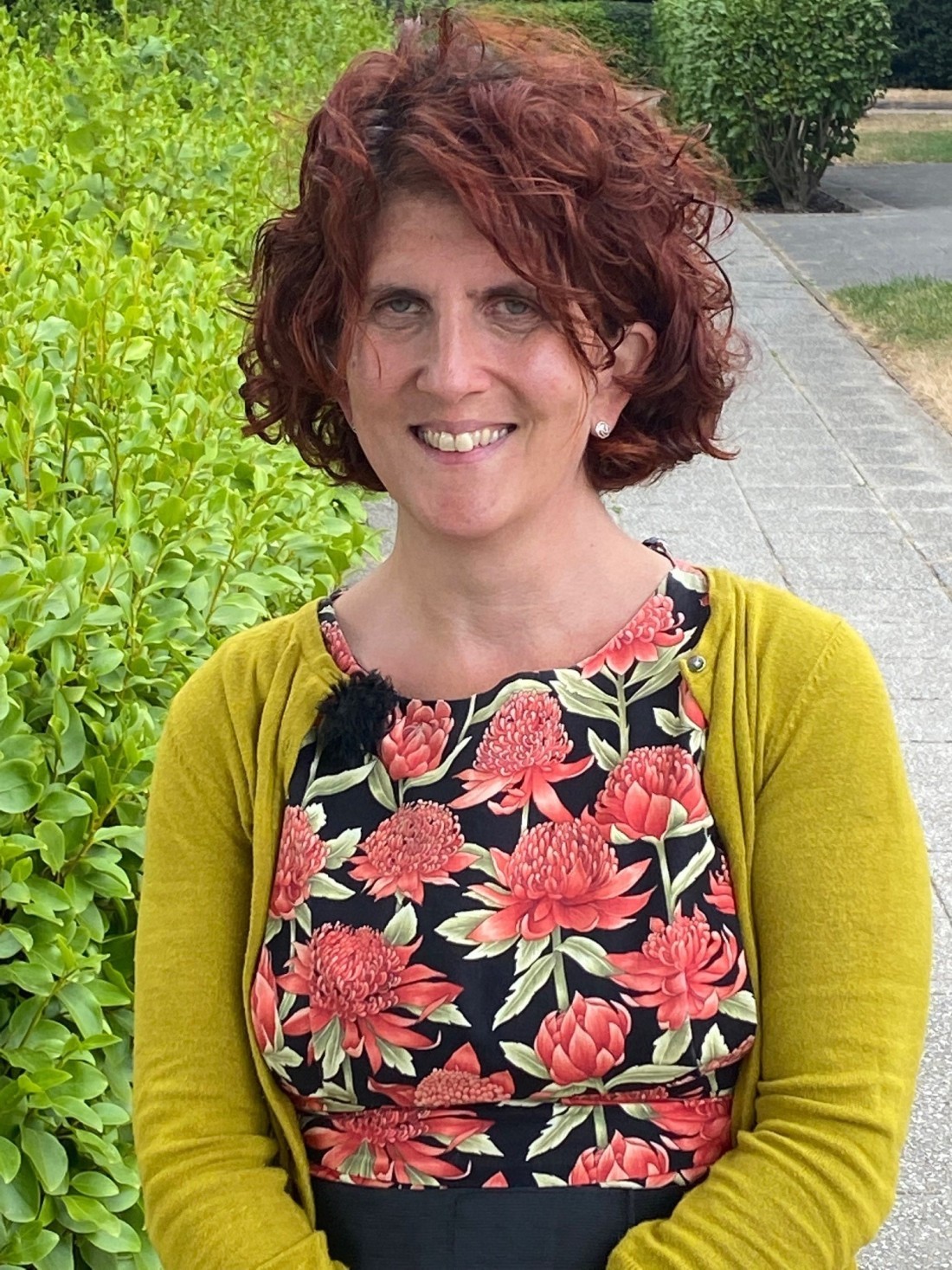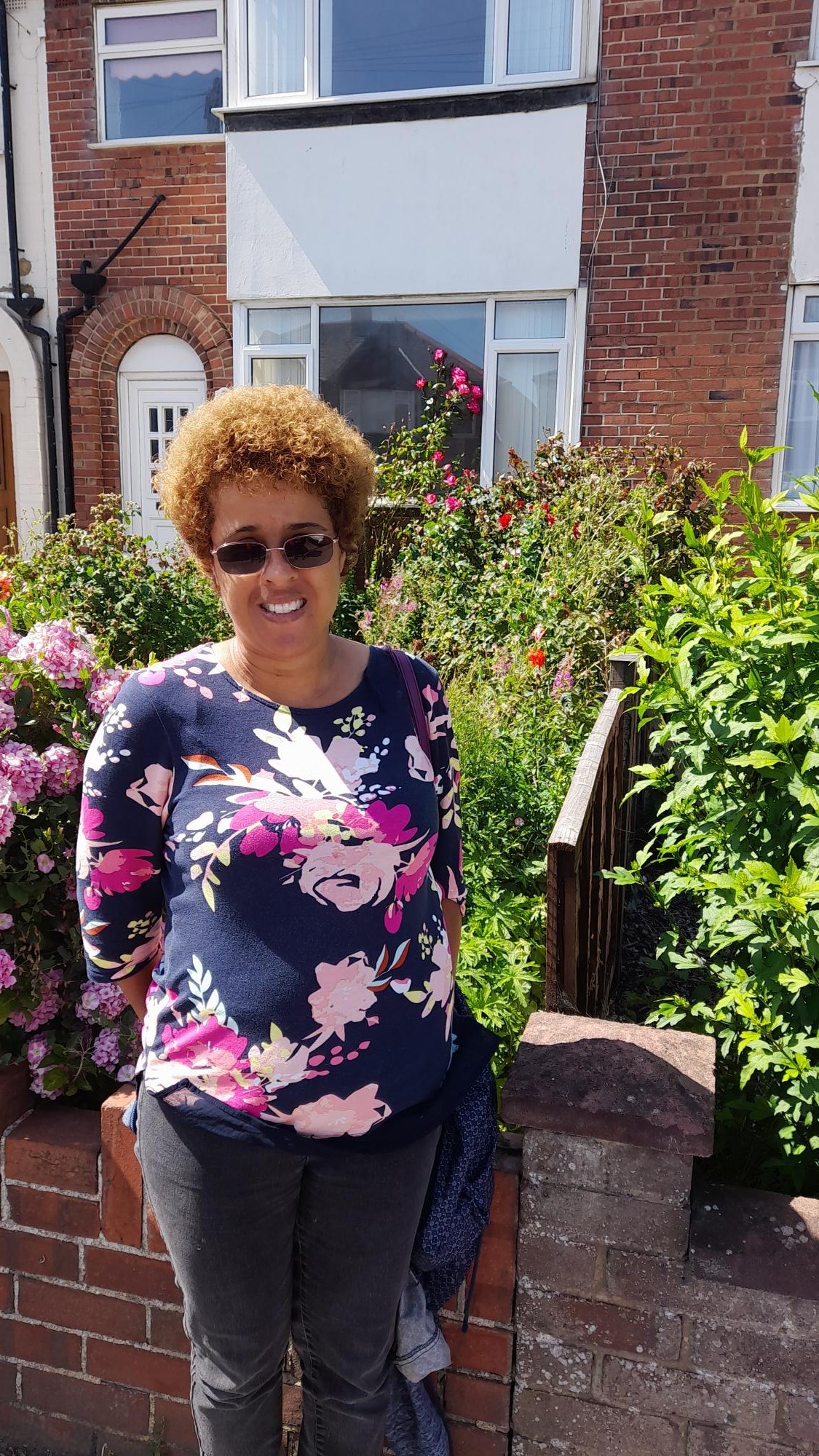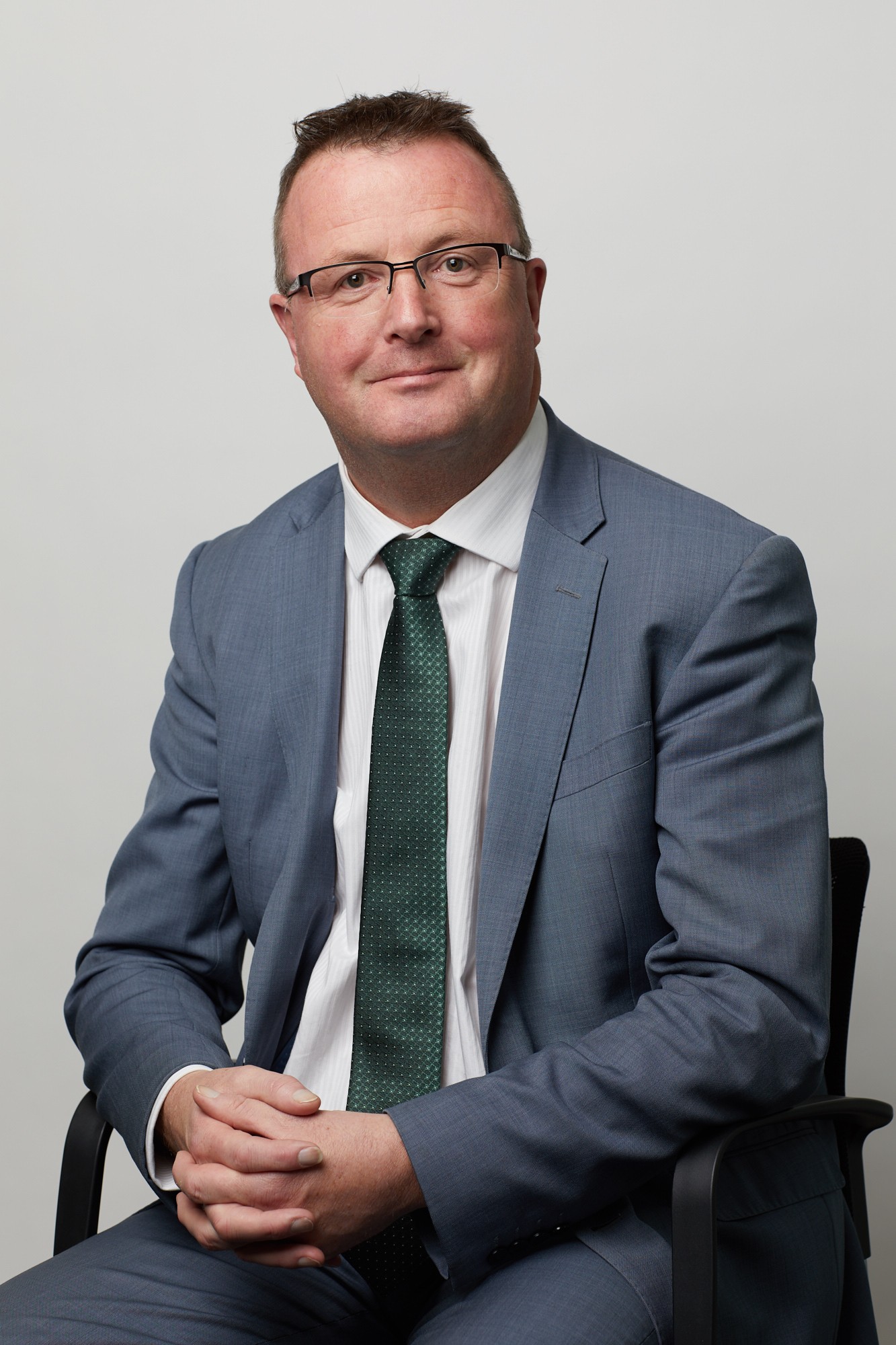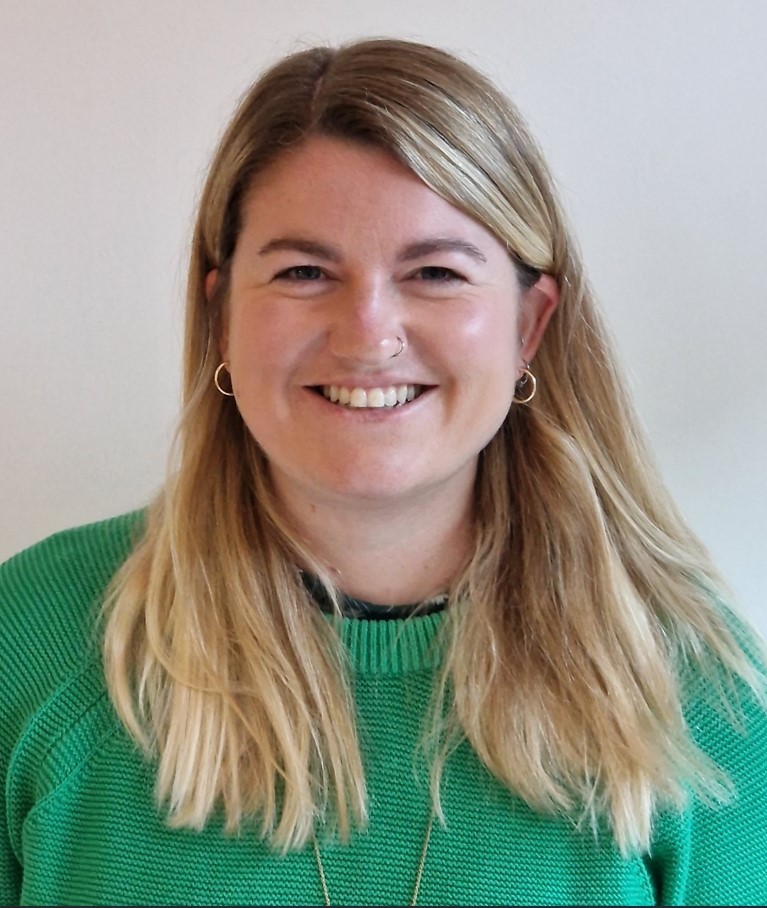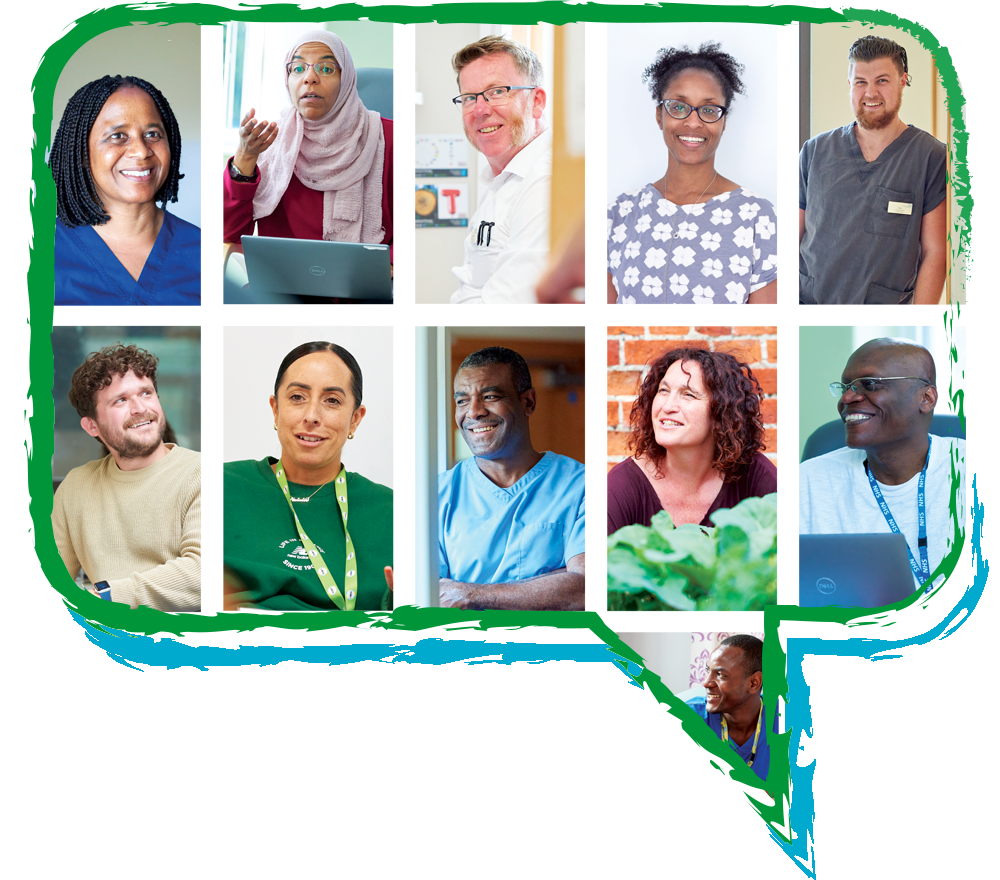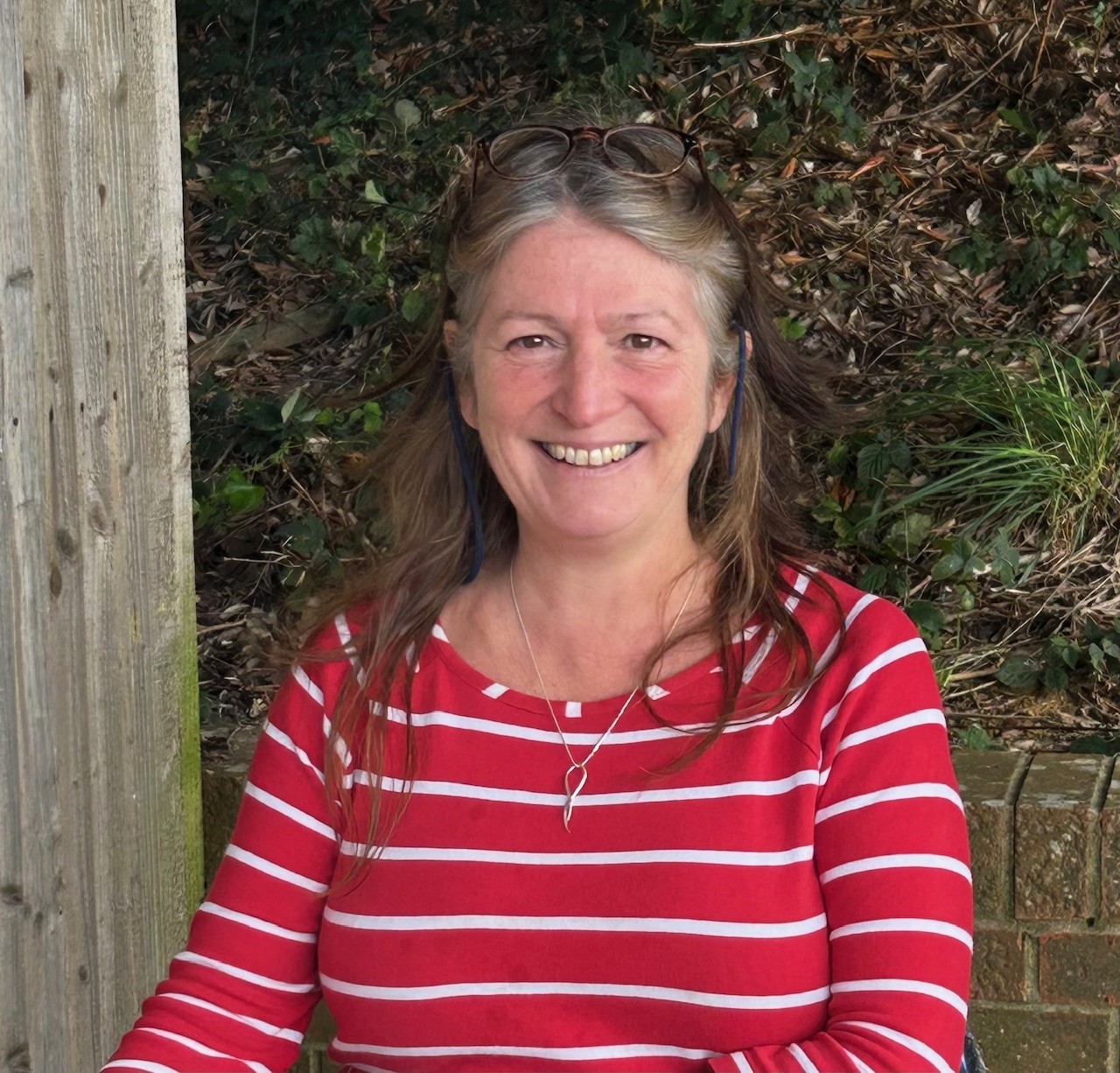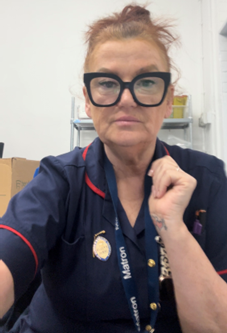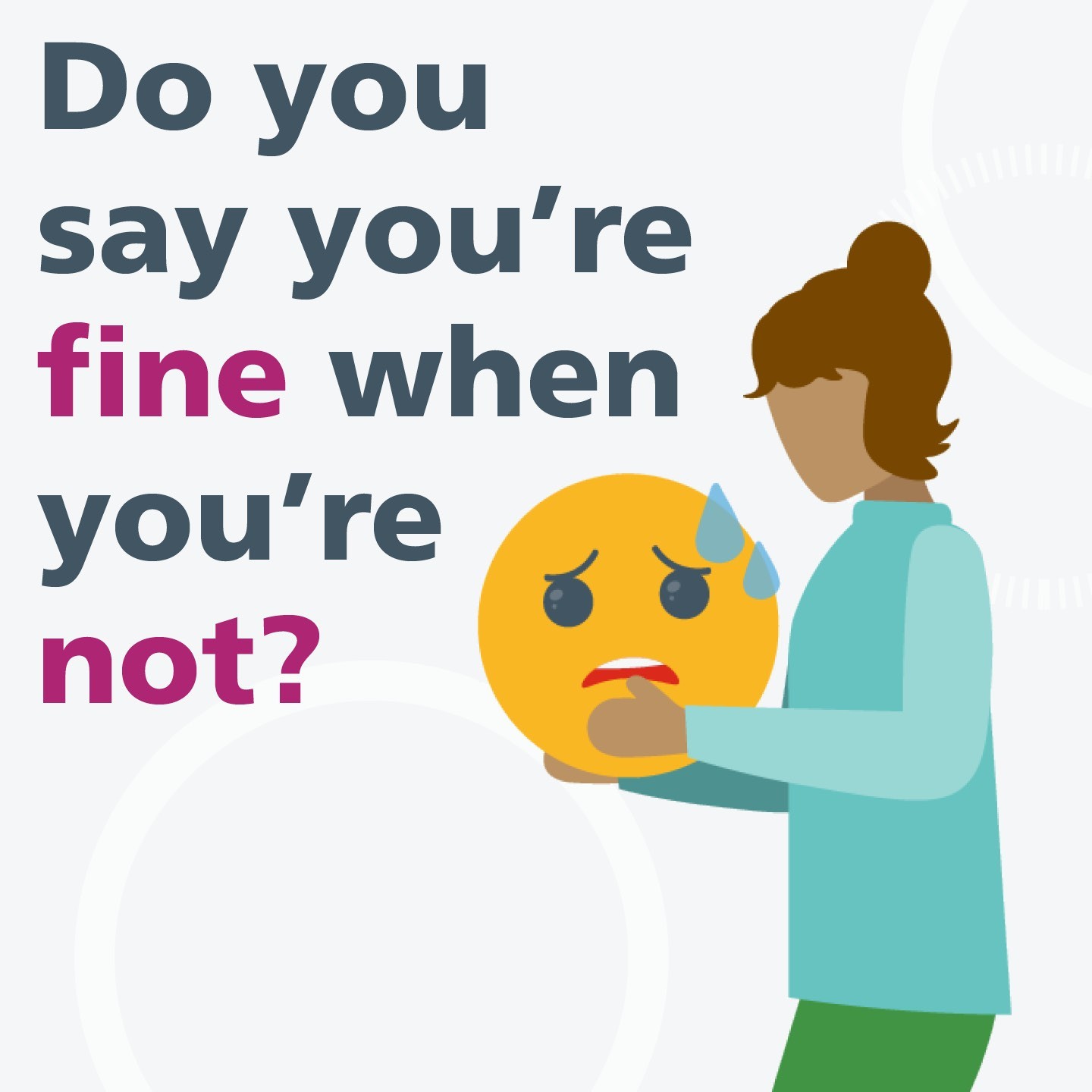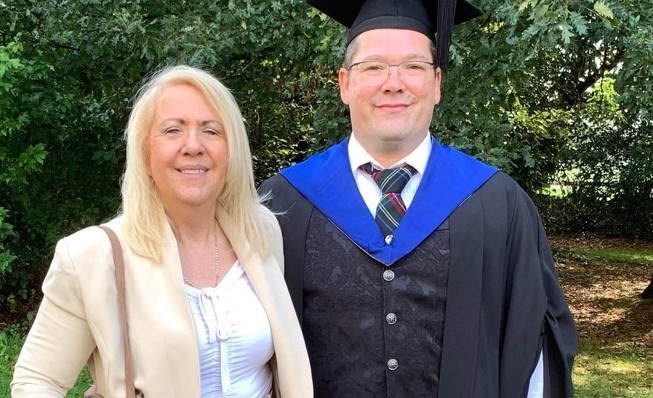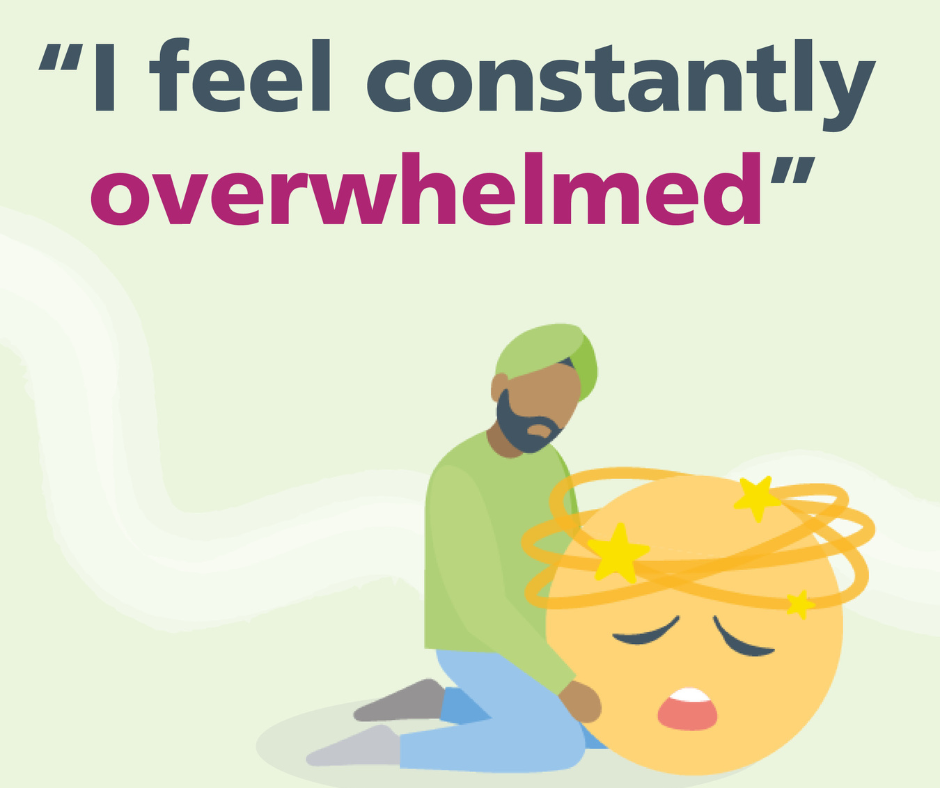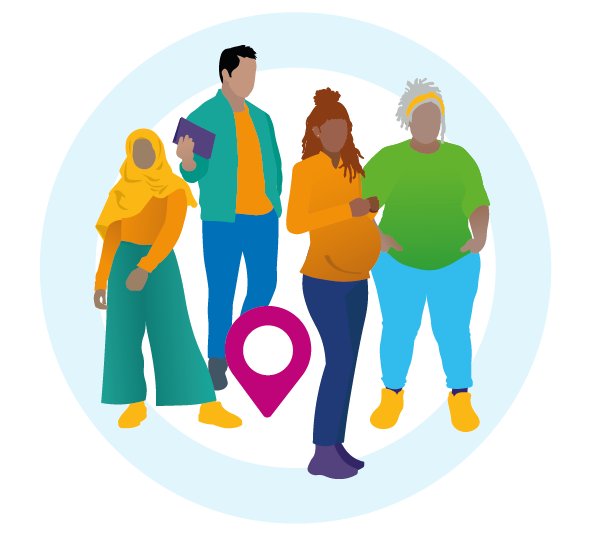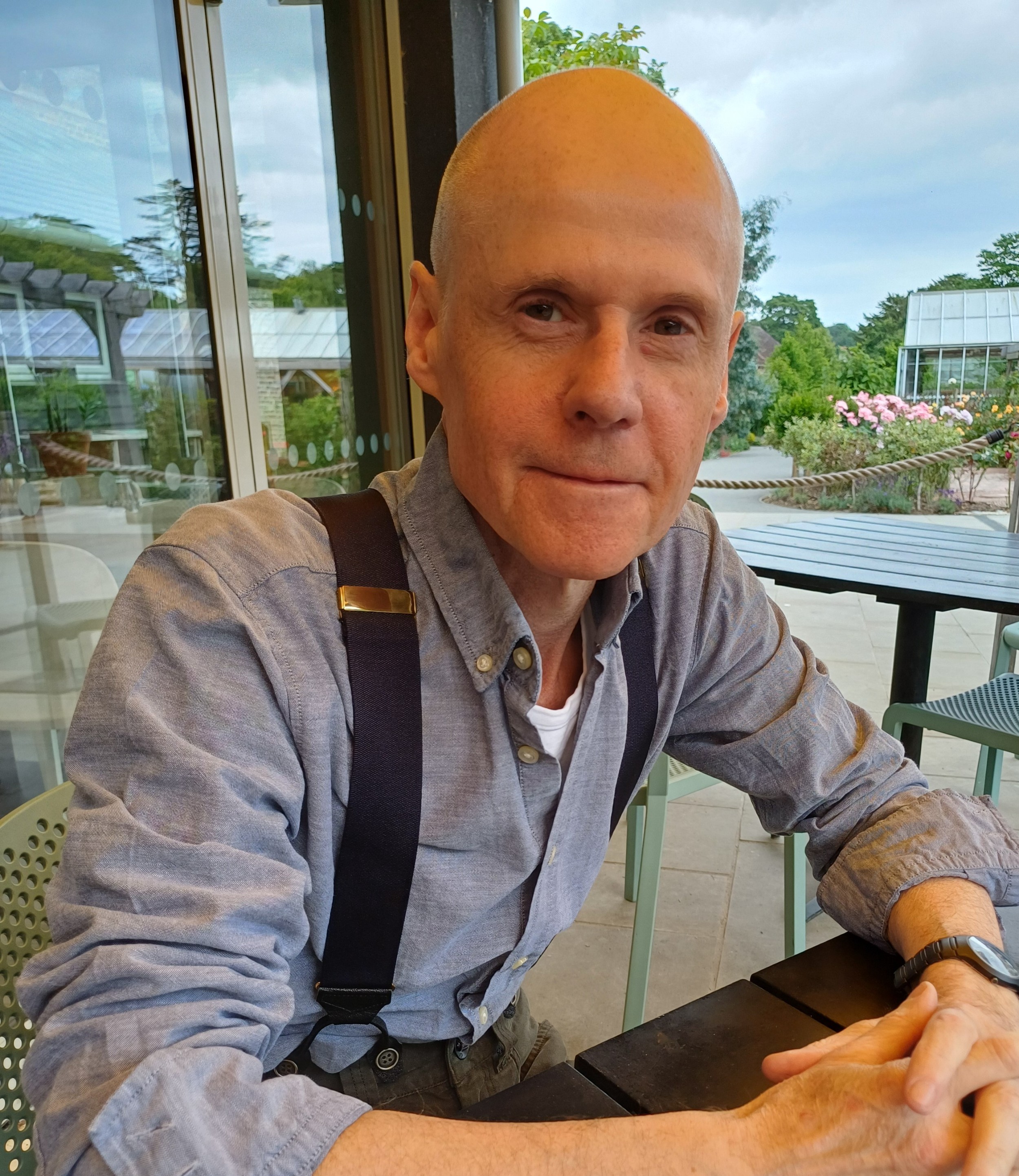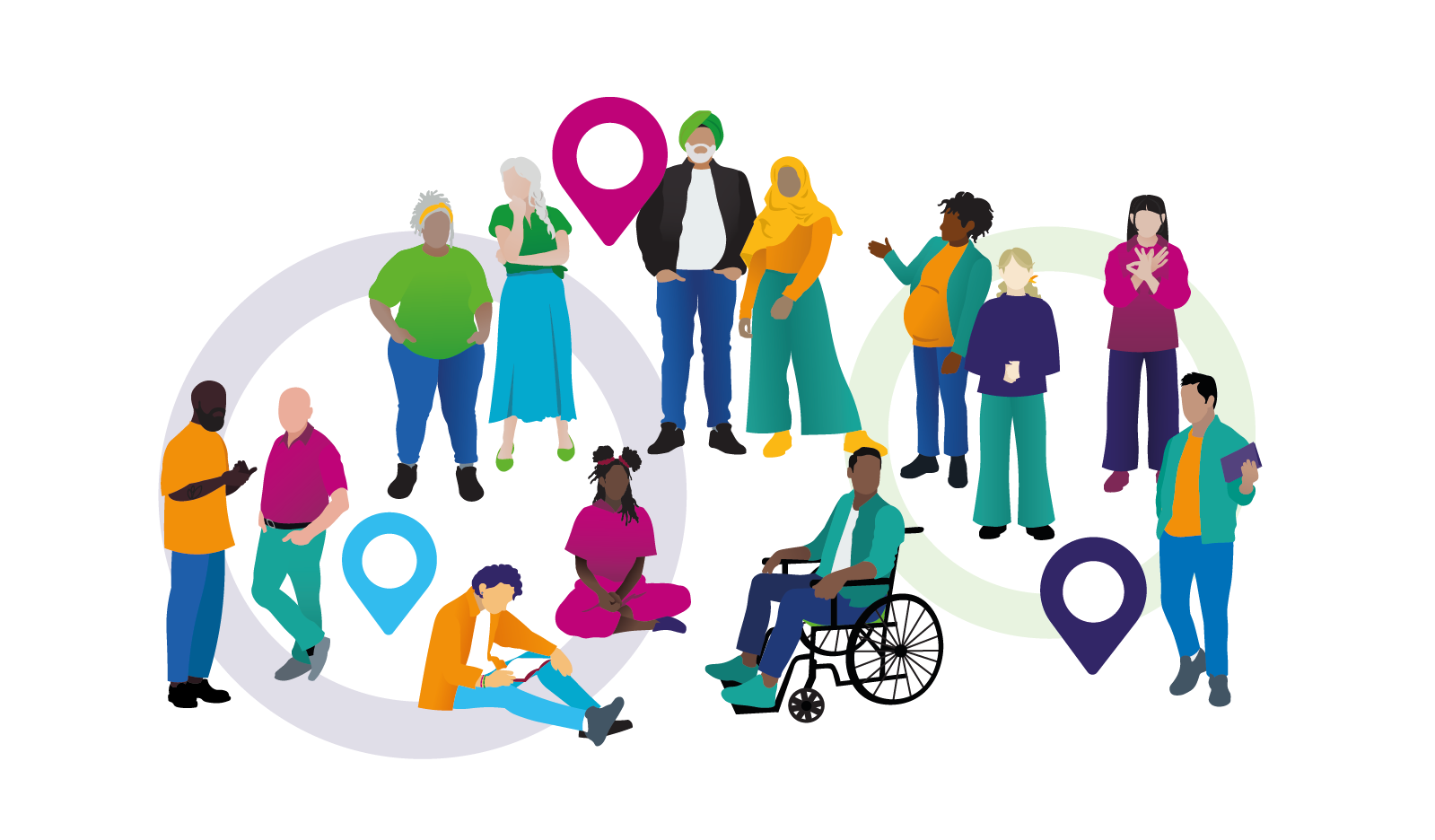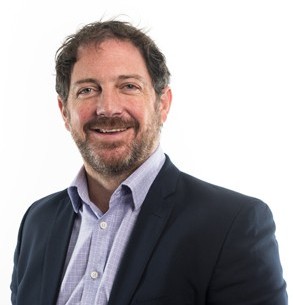
Eating Disorders: A view from the frontline
A blog by Dr Bradley Peet, Specialty Doctor in Psychiatry for Sussex Eating Disorders Service (SEDS) at SPFT
We have recently marked Eating Disorders Awareness Week and it led me to reflect on how things have been over the past couple of years.
We’ve seen a significant increase in need for our services since the pandemic. Covid-19 changed the way we understood our world and the "social contract" that was in place to keep us feeling safe was exposed and fragile.
It's no wonder that during this time we saw people reach for whatever coping mechanisms they could - alcohol, drugs, or even the sense of security offered by disordered eating. We now are seeing the "Pandemic Generation" of Gen Z as they turn 18 and move into adult services with firm eating disorders having taken root as they continue to feel exposed and vulnerable.
Despite all this, there is hope. I continue to hold a lot of excitement and hope for the field and our service users.
I wanted to shout about some of these promising projects at a time where there's often an awful lot of negativity about NHS services.
Firstly, I wanted to flag the importance of early intervention in mental health care. This is true across the board, but in eating disorders there is clear evidence that the longer you spend relying on an eating disorder as your coping mechanism, the harder it will be to let it go. In Sussex we're excited to be part of the FREED (First Episode Rapid Early Intervention in Eating Disorders) Programme - in it, 16-25-year olds presenting in their first episode of ED are prioritised and allocated to a therapist to try and move someone on from their eating disorder before it beds in too deep.
This is particularly exciting as there's so much I think we can learn from each other's ways of working. Spring Tide Day Centre recently opened, providing Monday to Friday 9am– 5pm intensive treatment programmes for 6 to 12 weeks around school term times, with additional support during the holidays. I'm expecting this venture to really improve the picture of children's ED care in the area and provide the basis for the roll out of services like this in adult populations too.
Lastly, with all these "awareness weeks" I was thinking about if they make any meaningful change.
The biggest differences in my eyes is seeing the change in number of clients that identify as male coming forward.
For years eating disorders were seen as "women's problems" and those that considered themselves male would either suffer in silence or see themselves as "lesser". The problem with this is that eating disorders love secrecy and thrive in the dark - having an eating disorder tells us that parts of ourselves are disgusting and we deserve to feel ashamed for who we are, so we engage in lying and other behaviours that only strengthens the sense of shame until the eating disorder tells us that it's the only thing we have left.
Well this is wrong - these parts of ourselves need to be brought to light and only ever recover with self love and acceptance. What's promising is that across the country many men are choosing to be brave and accept the help that's on offer - back when I was at med school only 1 in 10 clients being treated for an ED were men, now it’s 1 in 4. Without raising the awareness of eating disorders and breaking these gender stereotypes these people would have continued in loneliness and suffering.
If you think someone has an eating disorder encourage them to see their GP and think about referral to us. We want to help and we're doing everything we can to rejig ways we work and continue to see patients and start making a difference as soon as possible.
